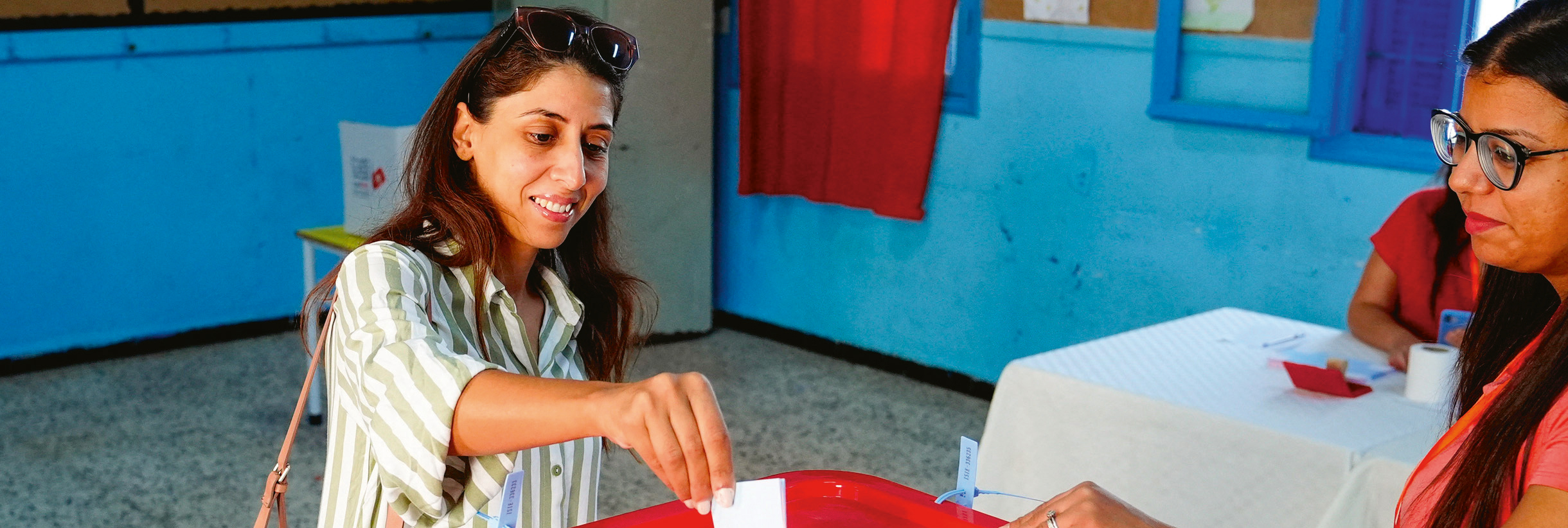Teaching education policy at the Geneva Graduate Institute has been a profoundly enriching experience, inspiring me to further integrate global perspectives, political dimensions, and interdisciplinary exploration into my classroom.
The Institute’s transnational environment, with students from diverse backgrounds across the world, has been essential to this process. I witness every day how the classroom becomes a forum where varied perspectives and experiences enrich our discussions. This diversity is not just a backdrop; it actively shapes the way I teach, bringing different standpoints as well as pertinent global challenges into our discussions on education policy. Located in International Geneva, the Institute’s proximity to international organisations and NGOs also allows students to directly engage with various policy processes and deepen their understanding of how international agendas and discourse shape national education systems and vice versa.
In this context, I design courses that engage students with the global-local nexus of education policy. In “Education and Development”, students critically examine questions such as, “How do programmatic conditionalities for receiving external financial assistance influence national education policies?” and “What are the implications of global monitoring and evaluation on national education systems?” Students learn to produce education sector reviews that are context-sensitive and critically reflect on externally funded education reforms, particularly in aid-dependent countries.
This investigation requires critical awareness and discussion of power and politics. Education policy involves decisions about whose and which knowledge is valued, who gets access, and how it is governed. In “Knowledge based Governance in Comparative and International
Education,” we investigate the role of knowledge in today’s policy processes, with a particular focus on how knowledge is produced and used across geographical, institutional, and systemic boundaries, and which actors and organisations facilitate this process.
Furthermore, the Institute offers a space for interdisciplinary and intersectoral exploration of education policy, drawing on insights from political science, sociology, history, economics, and law, as well as from sectors such as public health and environmental studies, among others. The Institute’s various centres and programmes, particularly NORRAG and the UNESCO Chair in Comparative Education Policy, also provide opportunities for research, policy dialogue, and networking, enhancing both academic and practical experiences related to the study of education policy.
By critically examining the global-local nexus, power dynamics, and politics of education policy through interdisciplinary and intersectoral lenses, I hope my students come to understand and view education not just as an academic discipline, but as a foundation for social transformation.
This article was published in Globe #34, the Graduate Institute Review.





